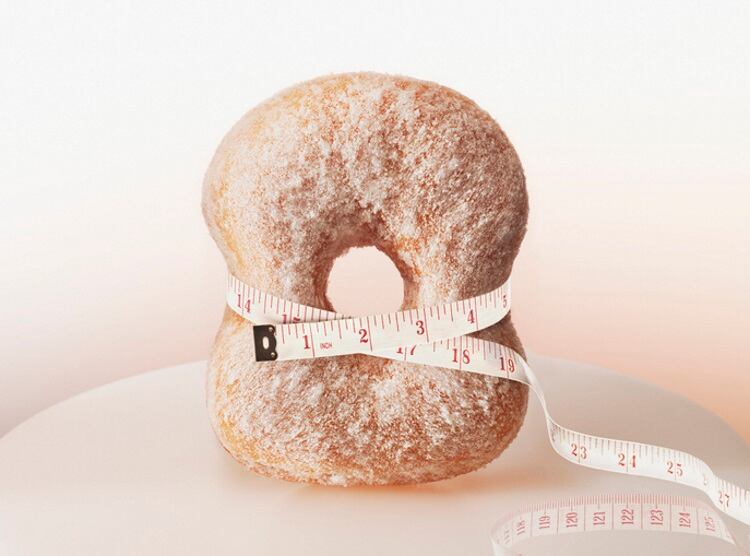New IRI data shows an estimated £583m in annual sales is at risk in the nation’s convenience sector. The market researcher previously quoted £1.1bn of sales in the major multiples were at risk, but now has pushed this figure closer to the £2bn mark.
Despite this, IRI still believes the restrictions will bring in new opportunities for retailers and brands in convenience.
Joe Harriman, HFSS Strategic Consultant at IRI, told BakeryandSnacks, “As part of the government’s efforts in the UK to tackle what is really a national obesity crisis – particularly childhood obesity – it has introduced this policy that limits promotions or media exposure for products classified as having a high amounts of calories, fat and sugar. Unlike the sugar tax that was introduced to soft drinks in 2018, the approach here is to reduce the visibility of less healthy HFSS products to children to reduce so-called ‘pester power’.”
He added there are options to mitigate the risks of HFSS and create opportunities, especially in the larger convenience format.
“High selling HFSS products will be moving from display into the aisles and so the competition for in-aisle space will be tough for manufacturers. They firstly need to understand what impact HFSS restrictions will have on them right across convenience and then create an appropriate response.
“As a result of the HFSS restrictions, retailers will need to make larger than usual range changes and whilst this will mean that some manufacturers will find themselves needing to justify shelf space, others could be well placed to take advantage of the premium space opportunity that will become available to non-HFSS brands.”
Impulse buying
IRI’s analysis shows the impulse categories of Confectionery, Crisps, Snacks & Nuts, Biscuits and Soft Drinks will be the most impacted due to their reliance on display promotions.
However, the impact at a category level will vary across convenience retailers and store types (symbols, independents, convenience multiples, forecourts) and reliance on display sales of HFSS categories.
IRI also believes the restrictions on display promotions (removing HFSS products at the end of the aisle, near checkout or store entrances) will have a far larger sales impact than volume promotion restrictions (eg, buy one, get one free), but, again, the impact will differ depending on the store size.
Stores below 2,000 sq. ft.
These stores are exempt from display space restrictions (impacting an estimated 64.3% of convenience stores or 36.1% of channel turnover). Being the only store type not impacted by the display space restrictions may lead to future opportunities for stores of this size.
Stores above 2,000 sq. ft.
The display space restrictions will impact around 35.7% of UK convenience stores (63.9% of channel turnover), which is responsible for 94% (£550m) of total convenience sales risk from instore HFSS restrictions – this is where manufacturers and retailers should focus planning efforts.
Then there’s the media element of the restrictions, like a TV watershed for HSS products before 9:00pm and online paid advertising, like a retailer’s website.
“When you’re on a retailer's website, there are [typically] these type of products on landing pages in different categories and also advertising at the checkout, [which will be restricted,” said Harriman.
“But it’s important to note that not all categories are impacted: the government has select two categories that are deemed to be highly promoted and seen to be impacting obesity levels.”
Another impact is the government’s nutrient profiling model, which splits the benefits of nutritional elements like fibre, protein, vegan with items like calories, saturated fat, sugar and salt. On top of that, Harriman told this site it is “only impacting England for now, not the whole of the UK … and it doesn’t impact speciality shops.
“These are definitely challenging times for manufacturers and retailers … but this this is a challenge that producers and some retailers can prepare for and is, to a certain degree, in their control. They’ve got historic data to look back on to understand the impact, and get a better idea of what is needed to mitigate it – like changing their promotion by X will lead to Y, and if I change my range in a certain way, this is what will happen – it’s possible for them to run trials before the actual implementation date.
“That said, the timing is going to be a really challenging one,” added Harriman, noting that this time next year, promotions around Halloween and even Christmas selections won’t be allowed.
However, “we think there is the big opportunity here.”
Producers of snacks and bakery products must look into how they can work differently with retailers of different sizes; they should look at expanding into new categories; relooking at aisle placement and even use the restrictions to your benefit: “if this product becomes one of the very few allowed to be promoted, you can imagine the potential that brings with it. I think we’re going to see a lot more in promotion innovation when these rules come into play.”
Future spread
Harriman said the restrictions are expect to last and spread. “We’re even seeing a lot of interest from our clients in Europe and Australia as they expect something similar.”
He did note, however, that the HFSS score itself is specific on England, and each country has a different health policy.
“So we are in for some interesting times. There is support from the government, from the retailers and manufacturers, and the customer sentiment is there, too. With those three things in line, you can see it continuing to be a real focus in the industry,” said Harriman.
Tune in to our podcast to find out more.





